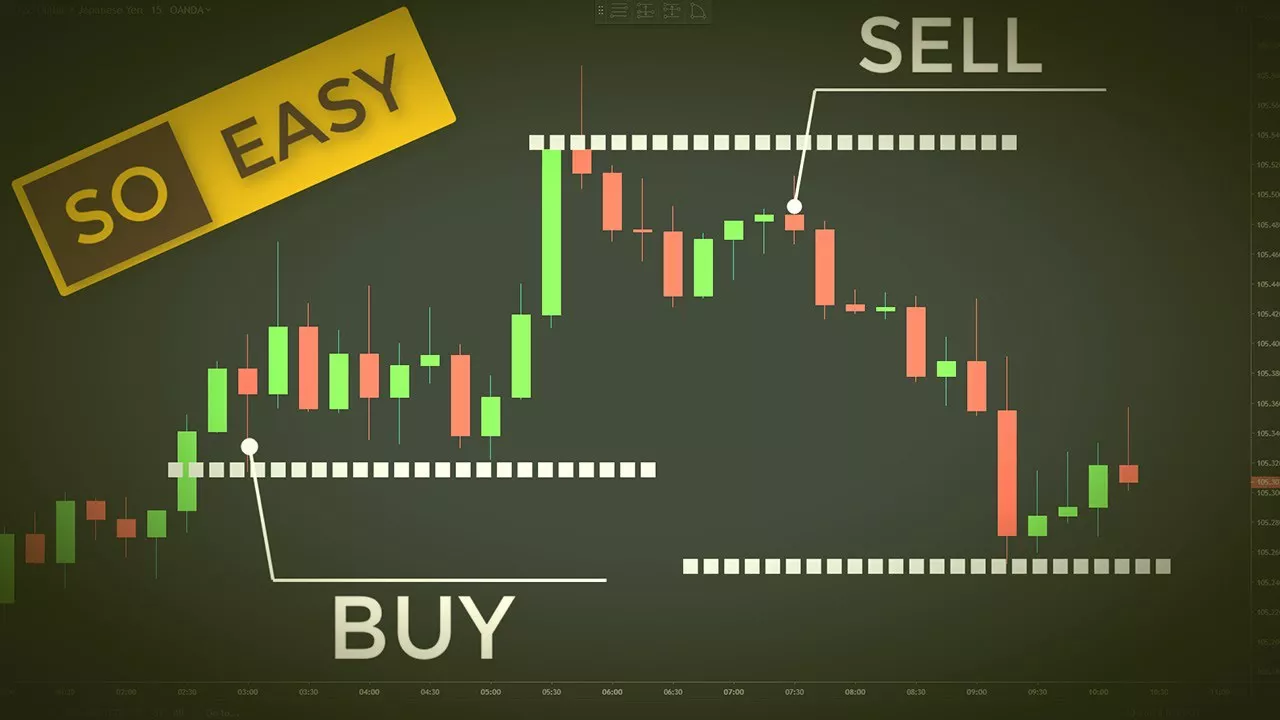Asian stocks declined alongside European and US equity futures as traders grew increasingly concerned about the potential effects of president-elect Donald Trump’s upcoming policy agenda and his cabinet selections.
The MSCI Asia Pacific Index fell for the third consecutive day, while Treasury yields climbed due to fears that Trump’s planned tax cuts could drive inflation. Hong Kong shares experienced significant losses, with concerns rising over Trump’s reported appointments of individuals with a history of criticizing China for key positions in his administration.
Trump’s Trade Policy Raises Global Concerns
Although the so-called “Trump trade” has contributed to a stronger dollar and rising US stock prices, the implications of his policies are expected to negatively affect global assets. His proposals to increase tariffs are particularly concerning for major exporters to the US, such as China.
Phillip Wool, head of portfolio management at Rayliant Global Advisors, noted, “There are concerns about new Trump tariffs, the US deficit, and rising pressure on the dollar, which could force the Federal Reserve to slow its easing measures.” These concerns appear to be weighing heavily on Asian stock markets.
Treasury 10-year yields rose by three basis points to 4.34% as US government securities trading resumed in Asia after the US holiday. Meanwhile, the Bloomberg Dollar Spot Index climbed by 0.2%, reaching a one-year high. Oil prices also dropped, following their biggest decline in two weeks.
Hong Kong and China Face Increased Pressure
Hong Kong’s Hang Seng Index saw a sharp decline of up to 3.3%. Reports suggest that Senator Marco Rubio, known for his hardline stance on China, is set to be appointed Secretary of State, while Representative Mike Waltz, who views China as a significant threat to the US, is expected to become national security advisor.
Homin Lee, senior macro strategist at Lombard Odier, commented, “Trump’s reported appointments of well-known China hawks are impacting investor sentiment in Hong Kong. This indicates a high likelihood of Trump following through with his plan to impose punitive tariffs on Chinese exports to the US.”
China’s CSI 300 Index also shifted to a loss after earlier gains, which had been supported by news that the government may introduce tax cuts to stimulate the housing market. However, Sat Duhra, a fund manager at Janus Henderson Investors, warned, “The measures are insufficient to revive housing demand, and investor confidence in China remains low due to persistent inflation.”
Outlook for US Stocks and Inflation
The S&P 500 closed slightly higher on Monday, gaining 0.1% and reaching its 51st record of the year. The Dow Jones Industrial Average rose by 0.7%.
Looking ahead, the next major focus is US inflation data, with the core consumer price index, which excludes food and energy, expected to show consistent growth compared to September’s figures.
US stocks are predicted to rally through the end of the year, following Trump’s presidential election victory. According to JPMorgan Chase & Co., the market’s performance in 2024 could surpass the rally that followed his 2016 win.
Andrew Tyler, head of US market intelligence at JPMorgan, stated, “I expect 2024 returns to be larger than 2016. One key advantage for the S&P 500 is weaker growth outside the US, with countries like China, the UK, EU, Canada, and Mexico experiencing slower growth compared to back then.”
Related topics:





























